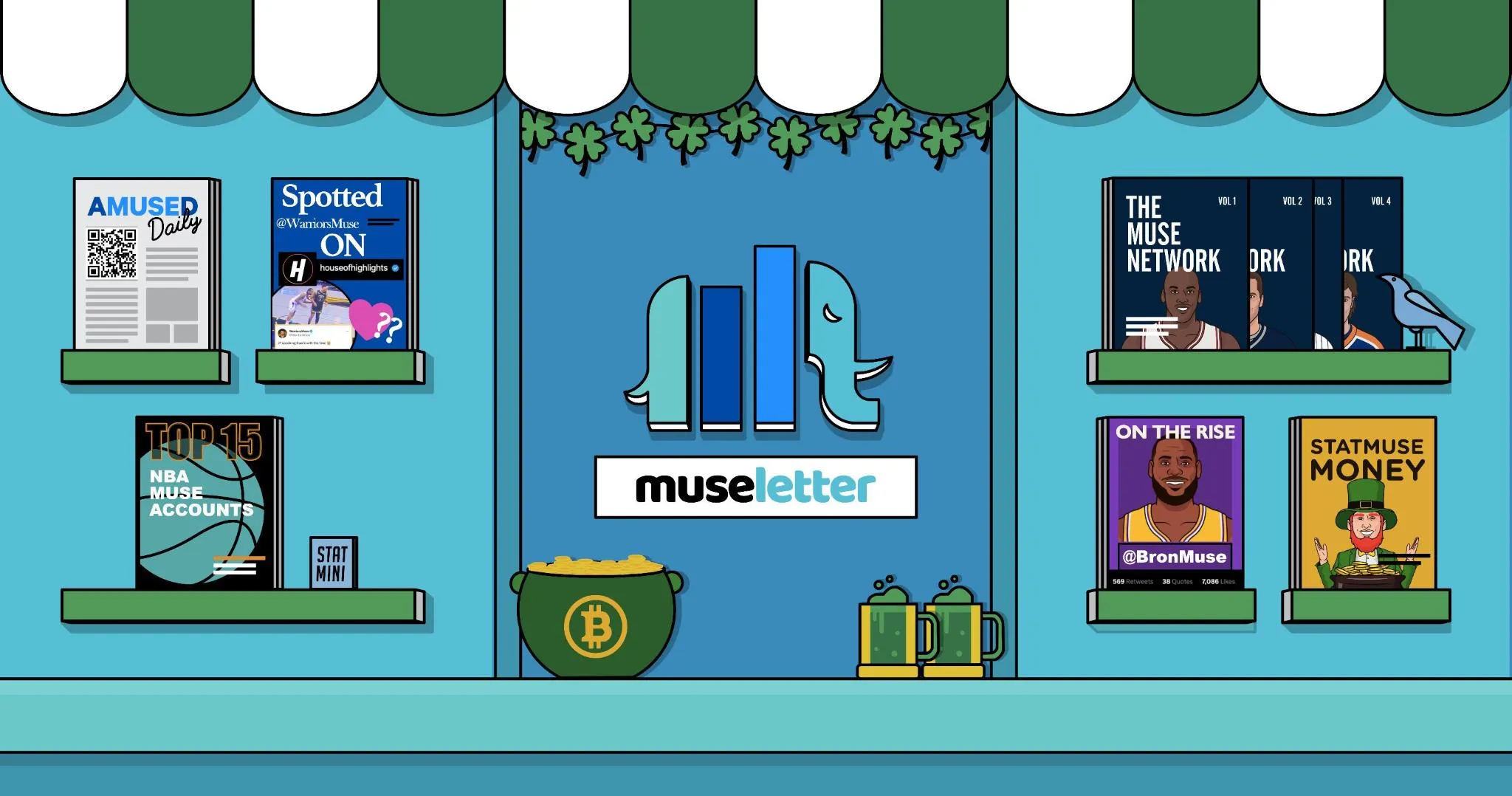Understanding the Muse Cover Letter
A Muse cover letter is more than just a formality; it’s your opportunity to make a strong first impression and demonstrate why you’re the ideal candidate for a specific role. Unlike a generic cover letter, a Muse cover letter is crafted with precision, showcasing your unique skills, experiences, and enthusiasm for the company and the position. It allows you to connect with the hiring manager on a personal level, setting the stage for a successful application. Mastering the art of a Muse cover letter can significantly increase your chances of getting noticed and securing an interview.
What is a Muse Cover Letter?
A Muse cover letter is a customized document that accompanies your resume when applying for a job, especially on the Muse platform, known for its career-focused content and job listings. Its purpose is to provide a personalized introduction, highlight your relevant skills and experiences, and explain why you’re a great fit for the specific role and the company culture. A well-crafted Muse cover letter demonstrates your understanding of the job requirements and your genuine interest in the opportunity.
Why is a Muse Cover Letter Important?
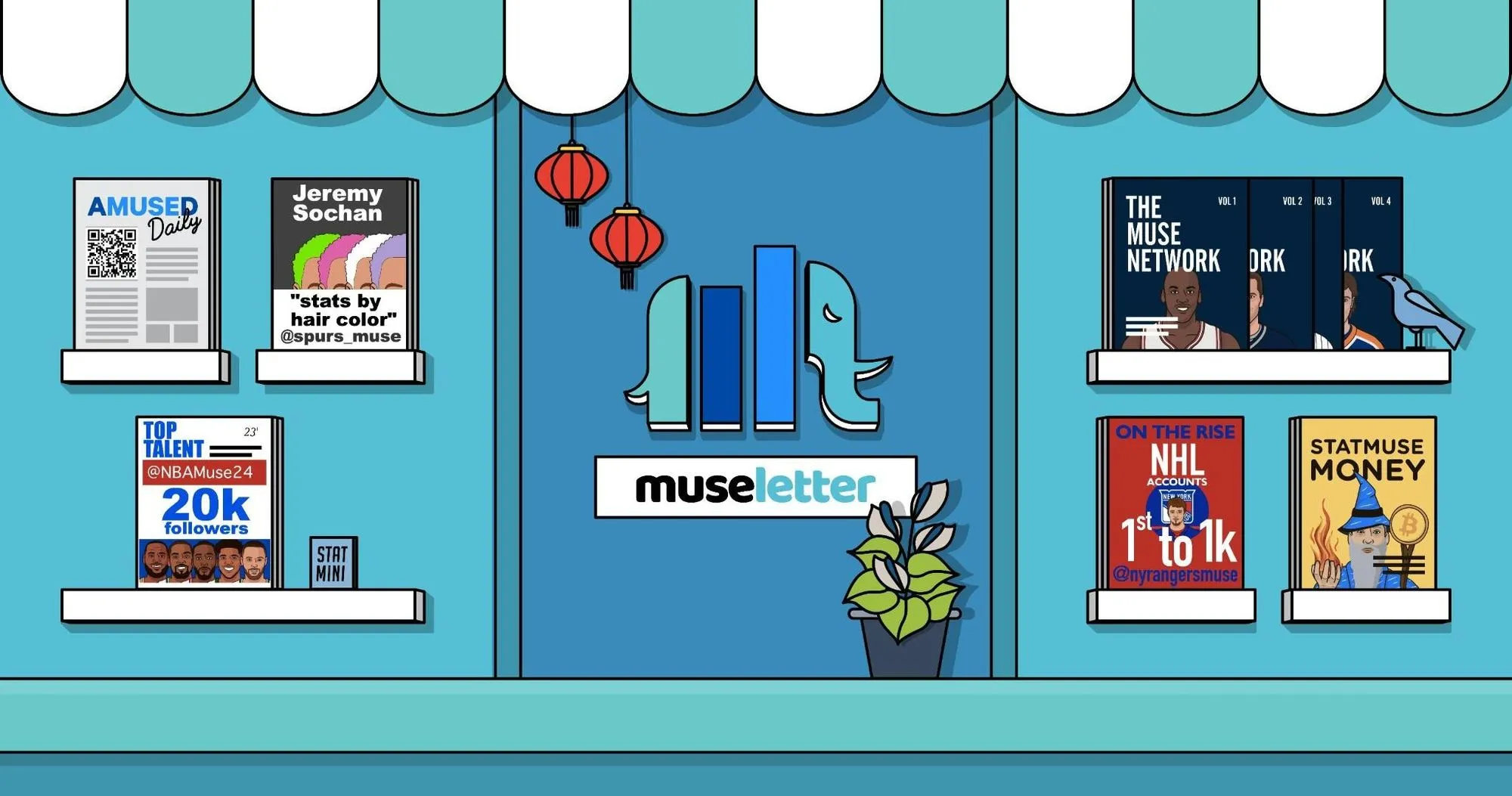
In a competitive job market, a Muse cover letter can be your secret weapon. It allows you to go beyond the bullet points of your resume and tell a compelling story about your career aspirations. It provides an opportunity to showcase your personality, passion, and communication skills. Moreover, a well-written cover letter demonstrates that you’ve done your research on the company and understand the role’s requirements. By personalizing your letter, you show recruiters that you’re serious about the opportunity and eager to contribute to their organization. The Muse cover letter is often the first point of contact and can significantly influence the hiring manager’s perception of you.
Key Components of a Muse Cover Letter
Header and Contact Information
Start your Muse cover letter with a professional header that includes your full name, contact information (phone number, email address, and LinkedIn profile URL), and the date. Make sure the information is accurate and easy to read. If you know the hiring manager’s name, address your letter directly to them. If not, use a general salutation such as ‘Dear Hiring Manager’ or ‘Dear [Company Name] Recruiting Team’.
The Opening Paragraph
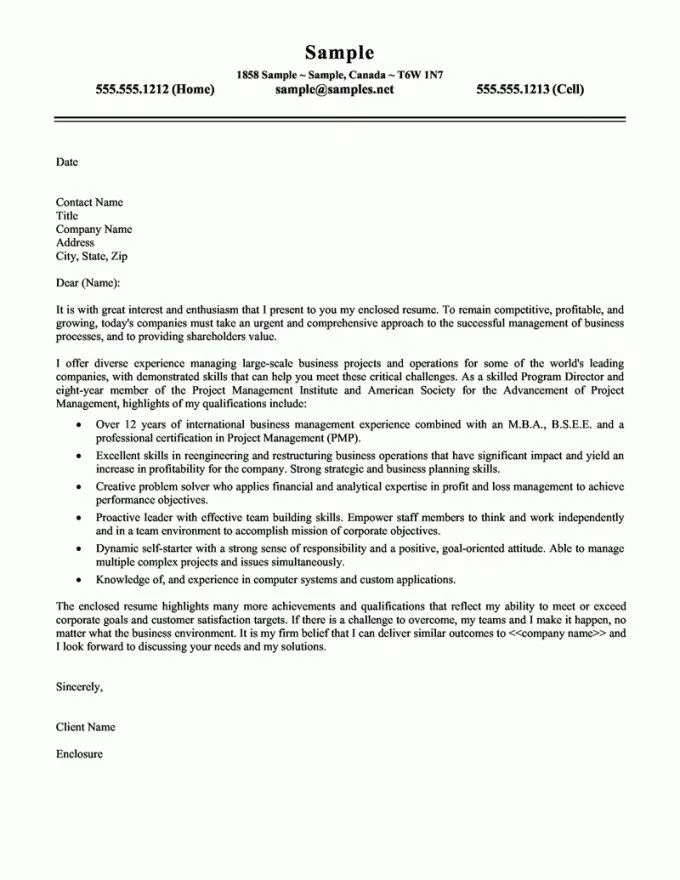
The opening paragraph is your chance to grab the reader’s attention. Start with a strong hook, such as mentioning the specific role you’re applying for and how you found it. Briefly state your key qualifications and why you’re excited about the opportunity. Show your enthusiasm for the company and hint at what makes you the ideal candidate. Avoid generic statements and aim to create immediate interest. A great opening sets the tone for the rest of your Muse cover letter and encourages the reader to continue.
Highlighting Your Skills and Experience
This section is where you delve into your relevant skills and experiences. Carefully review the job description and identify the key requirements. Provide specific examples of how your skills align with the job’s needs. Use action verbs to describe your accomplishments, quantify your results whenever possible, and demonstrate how you’ve added value in previous roles. Focus on achievements rather than simply listing your responsibilities. Your aim is to convince the hiring manager that you have the skills to excel in the role.
Tailoring Your Letter to the Job Description
Each Muse cover letter should be customized for the specific job you’re applying for. Carefully analyze the job description and identify the essential skills, experiences, and qualifications the employer is seeking. Use the same keywords and phrases used in the job description to demonstrate that you meet their requirements. Tailoring your letter ensures that you directly address the employer’s needs and showcase your relevance to the role. This level of personalization can significantly increase your chances of being noticed by recruiters.
Quantifying Your Achievements
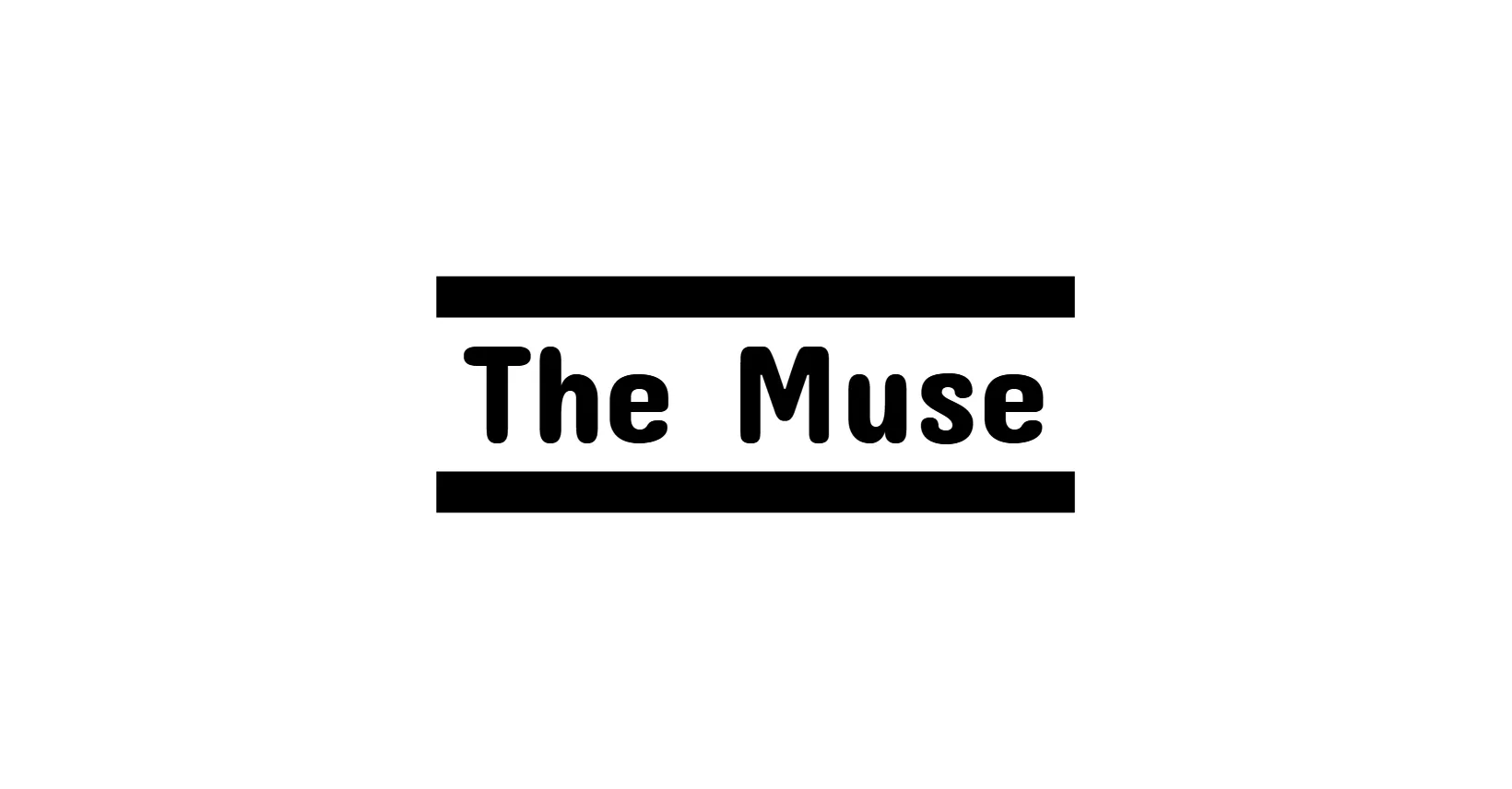
Whenever possible, quantify your achievements to demonstrate the impact of your work. Use numbers and metrics to illustrate your accomplishments. For example, instead of saying ‘Improved customer satisfaction,’ state ‘Increased customer satisfaction by 15% within six months.’ Quantifying your achievements makes your Muse cover letter more impactful and provides concrete evidence of your capabilities. This approach helps hiring managers understand the value you can bring to their organization.
Expressing Your Enthusiasm and Fit
In this section, show your genuine interest in the company and the role. Explain why you’re excited about the opportunity and what specifically attracts you to the organization. Research the company’s mission, values, and culture. Highlight how your skills and experiences align with their goals. Demonstrate that you understand the company’s work and that you can contribute to its success. Expressing enthusiasm shows that you are not only qualified but also a good cultural fit.
The Closing Paragraph
Conclude your Muse cover letter with a strong call to action. Reiterate your interest in the role and the company. Thank the hiring manager for their time and consideration. Clearly state your availability for an interview and how they can contact you. Reiterate your enthusiasm and your belief that you can make a positive contribution to the team. A well-crafted closing paragraph reinforces your qualifications and leaves a lasting positive impression.
Formatting and Presentation
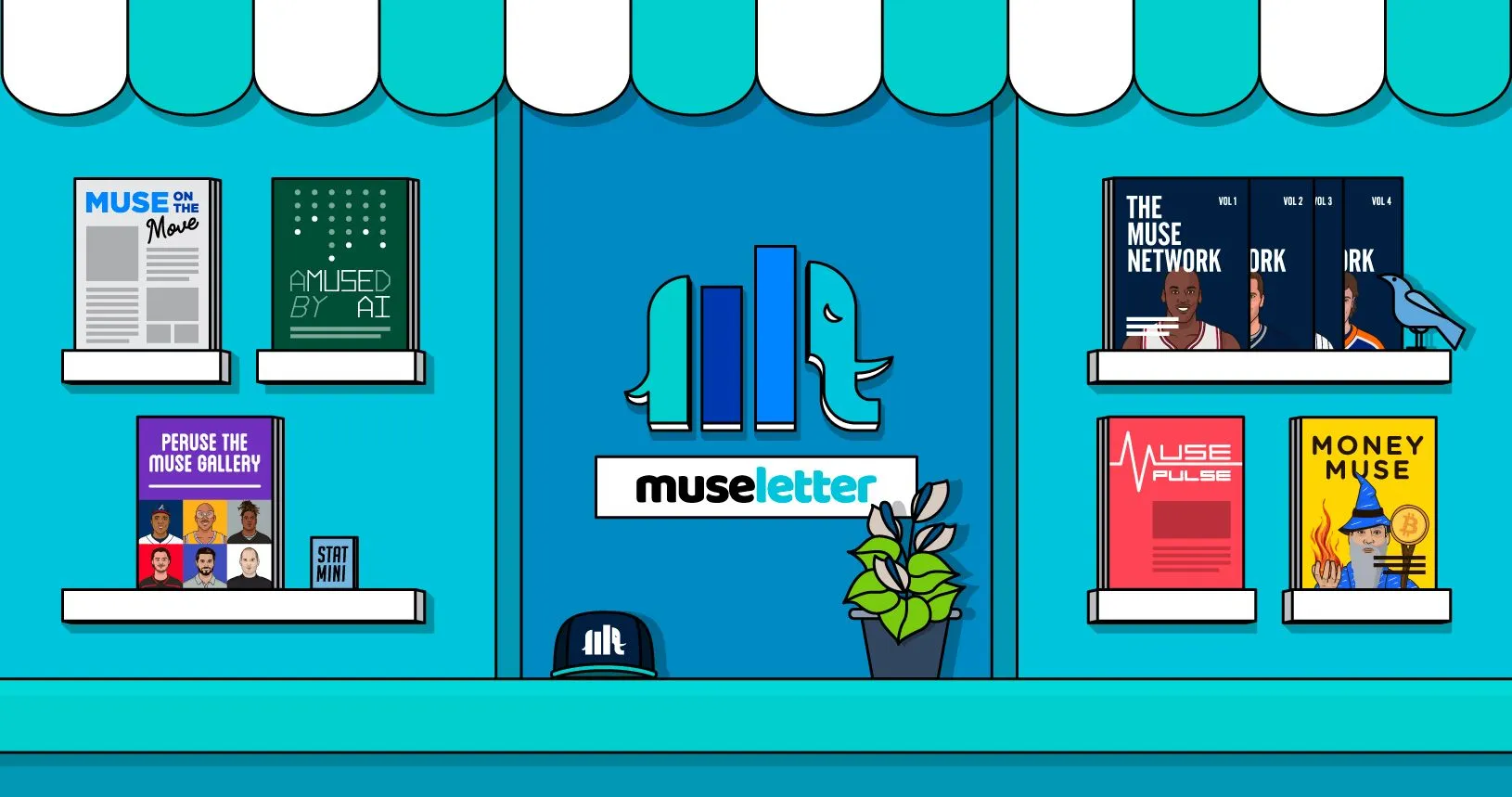
Font and Layout Guidelines
Ensure your Muse cover letter is easy to read by choosing a professional font, such as Times New Roman, Arial, or Calibri, with a font size between 10 and 12 points. Use a simple, clear layout with consistent margins and spacing. Break up large blocks of text with short paragraphs, bullet points, and white space. This makes the document more visually appealing and helps the reader quickly grasp your key points. A well-formatted letter is an indication of professionalism and attention to detail.
Proofreading and Editing
Before submitting your Muse cover letter, carefully proofread and edit it for any errors in grammar, spelling, and punctuation. Typos and grammatical errors can undermine your credibility and detract from your message. Consider having a friend, family member, or career counselor review your letter for a fresh perspective. Ensure your letter is concise, well-organized, and free of any mistakes that could negatively impact your chances of landing an interview. A polished cover letter reflects your professionalism and attention to detail.
Tips for Getting Noticed with Your Muse Cover Letter
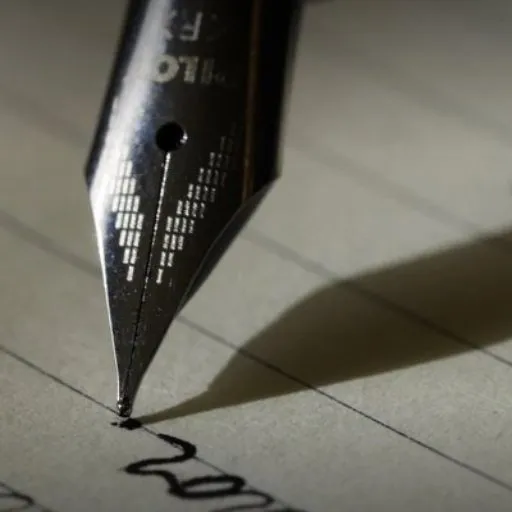
Researching the Company and the Role
Before writing your Muse cover letter, thoroughly research the company and the specific role you’re applying for. Visit the company’s website, read their mission statement, and explore their social media presence. Understand their values, culture, and recent projects. This research will help you tailor your letter to the company’s specific needs and demonstrate your genuine interest. Knowing the company’s goals allows you to explain how your skills align with their needs and how you can contribute to their success. This targeted approach sets you apart from other applicants.
Using Keywords Strategically
Incorporate relevant keywords from the job description into your Muse cover letter. Applicant Tracking Systems (ATS) often scan cover letters and resumes for keywords to determine whether a candidate is a good fit. Identify the key skills, qualifications, and experience the employer is seeking. Integrate these keywords naturally throughout your letter. However, be careful not to overdo it or to stuff keywords unnaturally. Your letter should read naturally while still incorporating the essential keywords.
Showcasing Your Personality and Voice
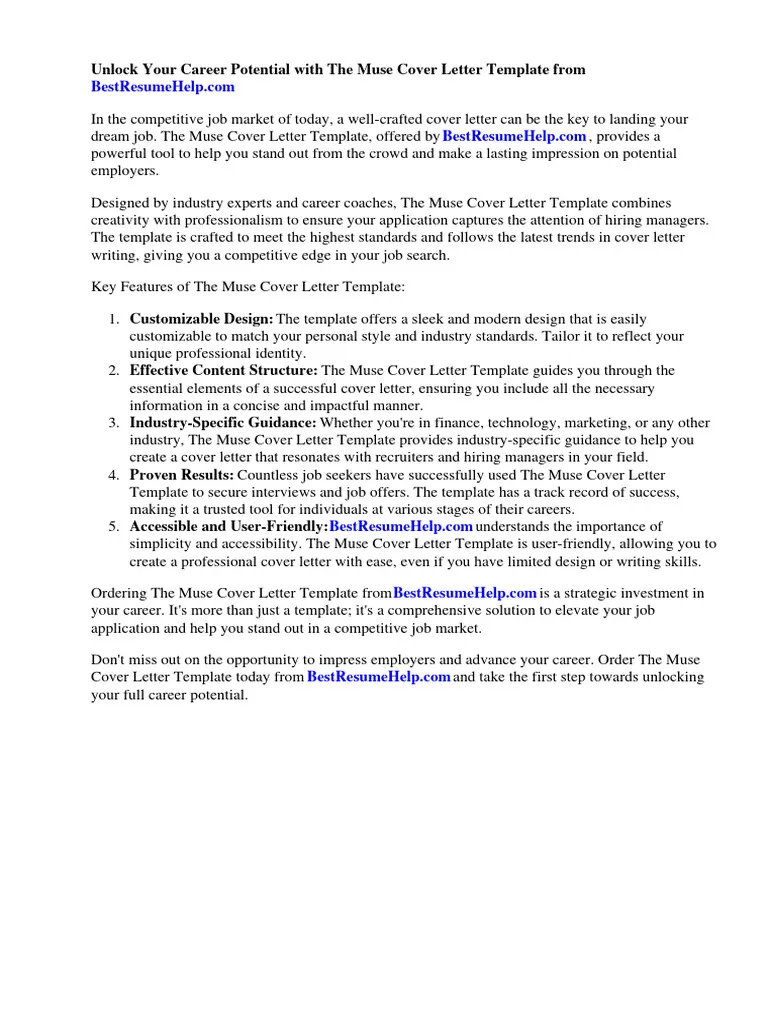
Let your personality shine through in your Muse cover letter. While maintaining a professional tone, inject your unique voice and perspective into your writing. Share your enthusiasm for the role and the company. Use your cover letter as an opportunity to stand out from other applicants and create a memorable first impression. Being authentic and genuine makes you more relatable and can make you stand out from other candidates. Let your passion for the job come through.
The Importance of a Strong Call to Action
End your Muse cover letter with a clear and compelling call to action. State your availability for an interview and provide your contact information. Encourage the hiring manager to take the next step in the hiring process. A strong call to action demonstrates your eagerness to move forward and reinforces your interest in the role. Make it easy for the hiring manager to reach out to you and schedule an interview. A proactive approach can increase your chances of getting noticed.
Common Mistakes to Avoid
Generic Letters
Avoid sending a generic cover letter that could be used for any job. Recruiters can quickly spot a cover letter that isn’t tailored to the specific role and company. Always customize your letter to address the requirements and showcase your genuine interest. Generic cover letters show a lack of effort and attention to detail, which can work against you. Spend the time to personalize your application to show you care.
Typos and Grammatical Errors
Typos and grammatical errors can make you look unprofessional and undermine your credibility. Before submitting your Muse cover letter, carefully proofread it for any errors. Use a grammar checker and have someone else review your letter. Mistakes can create a negative impression and make the reader question your attention to detail. Taking the time to proofread your cover letter is a simple step that can significantly improve your chances.
Lack of Specificity
Avoid making vague statements about your skills and experience. Be specific and provide concrete examples to support your claims. Quantify your achievements whenever possible. This detail makes your Muse cover letter more compelling and demonstrates the value you can bring to the company. Providing specific examples allows the hiring manager to see you in action and understand your potential contributions.
Conclusion
A well-crafted Muse cover letter is a vital tool in your job search. By following these guidelines, you can create a compelling cover letter that highlights your qualifications, showcases your personality, and demonstrates your enthusiasm for the company and the role. Remember to tailor your letter to each job application, showcase your accomplishments, and express your genuine interest. With a thoughtful and well-executed cover letter, you can significantly increase your chances of getting noticed and landing your dream job. Good luck with your job search!
